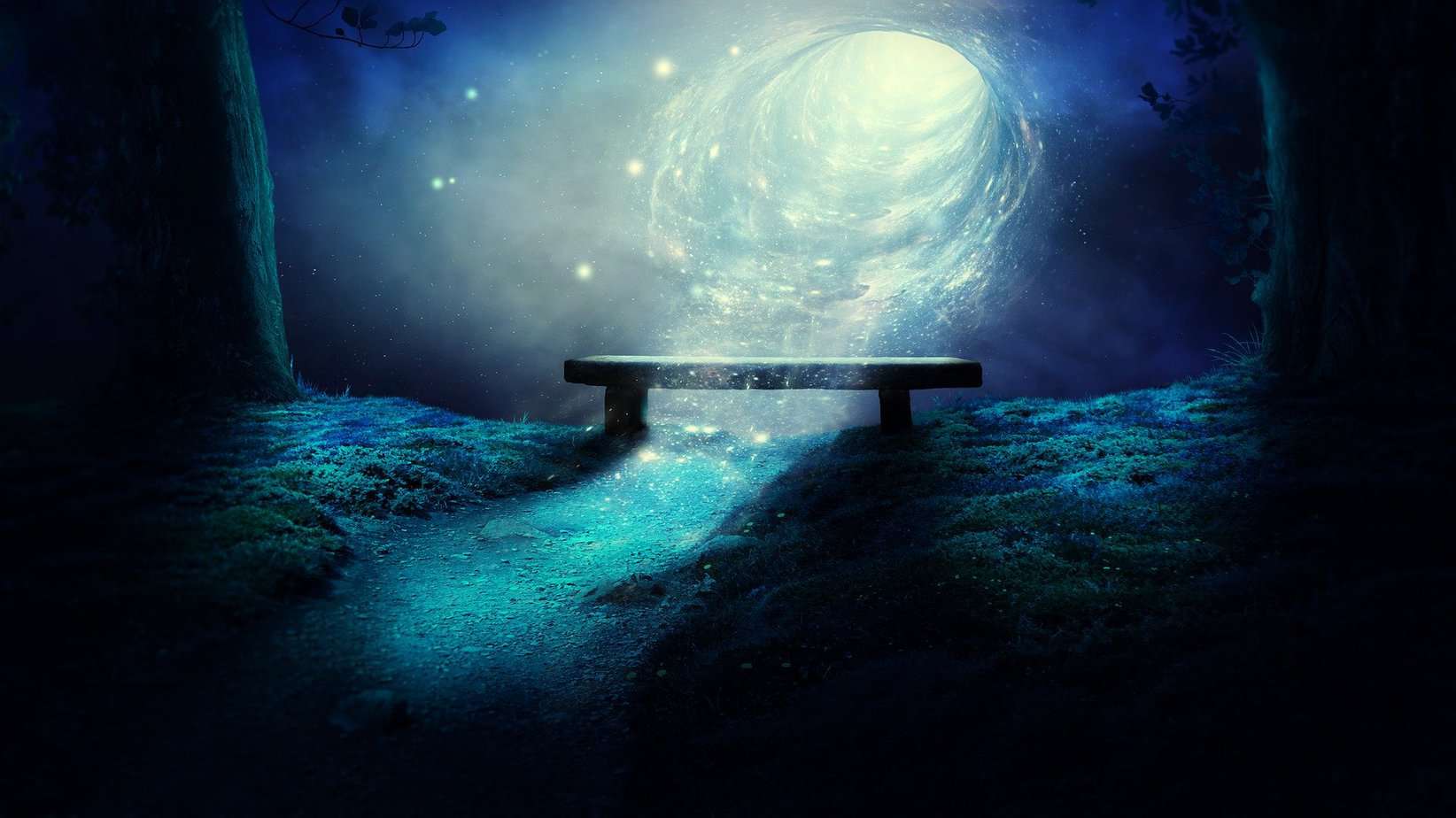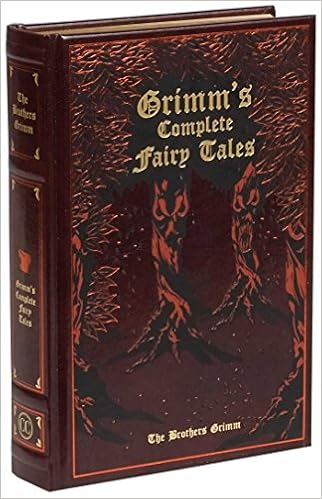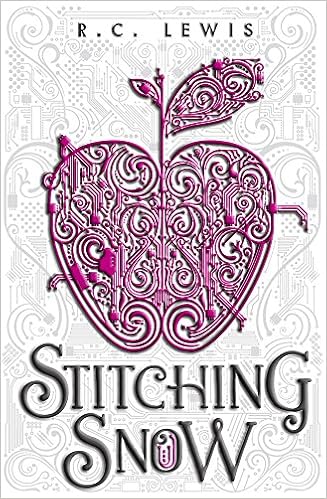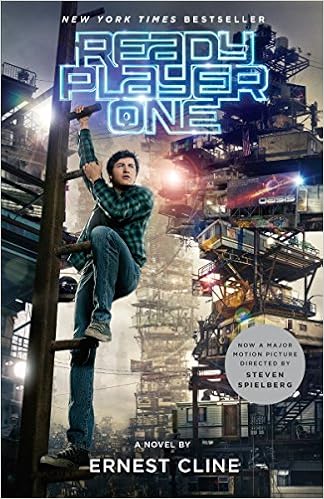I’ve always believed that books have a certain magic about them, whether they contain short stories or long elaborate tales of far off worlds and mysteries. Whether people read them in their physical form, audiobook or e-reader, books, and stories are powerful things.
Not only do books present to us the opportunity to learn and understand and grow, but they also give us the chance as readers to set into someone else’s shoes no matter how briefly and see the world through their eyes.

Personally, no matter how much I love contemporary novels, I feel drawn back to the world of fairytales and science fiction. Why? Because I feel like these tales are able to enlighten us about our own sensibilities and examine the extremities of human nature.
I mean fairytales, they are able to both mystify and enchant us all the while teaching us something new. The Little Matchstick Girl, a story by Hans Christian Anderson for example always taught me to think of those less fortunate than myself and help when I could.
However, it is not just fairy tales that are the masterpieces of the imagination, as often many of their themes and stories have now evolved and worked their way into the world of science fiction.
Previously here at Hooked to Books we’ve talked about the most Profound Life Lessons from Literature, but today I would like to write about some of the literature’s most fantastic works in relation to fairytales and science fiction novels.
Grimm’s Fairy Tales
Known perhaps for their darker sides, the Brothers’ Grimm collection of fairy tales are some of the most popular versions of the stories we grew up hearing as children.
Unlike their Disney counterparts, Grimm’s fairytales aren’t as lighthearted and joyful but are stories of murder, mutilation, cannibalism, infanticide, and incest.
Despite their darker features, many find themselves interested in these versions of fairytales due to their revelations concerning human nature and as a result are considered to be some of the literature’s most fantastic works.
Moreover, the popularity of these fairy tales has led to several inspirations for novels across all genres decades after they were first released.
Through the inspiration of fairy tales, myths, and folklore there have been numerous works that have appeared and can now also be considered fantastic works of literature.
Cinder By Marissa Myer
Set in a futuristic world where two civilizations exist, those on Earth and those on Luna, Cinder takes the well-known story of Cinderella and propels it into the realm of science fiction as Cinder is actually a cyborg mechanic.
When the plague that is ravishing the world she knows and with her stepsister taken ill, Cinder signs up for the testing facility that is hunting for a cure.
But it isn’t long before revelations regarding Cinder’s past begin to resurface. As Cinder is the first novel in Marissa Myer’s Lunar Chronicles series, she dissects the fairytales of Cinderella, Little Red Riding Hood, Rapunzel, and Snow White while giving them unique twists and questioning what makes us ‘human’.
Stitching Snow By R.C Lewis
Inspired by the fairytale of Snow White, this rendition can stand entirely on its own with R.C Lewis creating an entire world to support her version of this classic tale. Princess Snow is missing and in the midst of war King Matthis and his wife are prepared to do anything and bring her back to them.
Introduced on the planet Thanda, Essie enjoys the days spent at sub-zero temperatures and working on her seven drones as they work in the mines. However, her quiet existence changes when a young man named Dane crash lands and as a result, it appears Essie may be pulled back towards a war that she did so much to avoid.
Mirage By Somaiya Daud
Considered to be a classic tale, The Prince and the Pauper is not one that is often adapted and thrust into the world of science fiction until Somaiya Daud’s Mirage.
In a star system ruled by the Vathek Empire, Amani is a young girl taken due to her similar appearance to the hated Vathek Princess.
However, forced to appear as her double in order to preserve her life, it isn’t long before Amani finds herself toeing the line as she has to play her role to perfection if she has any hope of making it home. However, that is something hard to do in a world engulfed with violence and fear.
However, not all of the literature’s most fantastic works within science fiction have been inspired by folklore, fairy tales, and myth. The science fiction genre has undertaken its own interpretation of considering the challenges of human morality, bringing in ethical themes and questions into unusual circumstances, and pushing the answers to the extreme.
In fact, the reason that science fiction is able to challenge us as fairytales and folklore do is because of its plausibility against the background of science.
As fairy tales for example like Cinderella, or Red Riding Hood, as people, we can connect with them due to their relationships. Cinderella and her relationship with her Stepmother and Sisters or Little Red and going to visit her Grandmother.
It is the human connections that fairytales present that allows them to be as popular as they are. With the result being Science Fiction undertaking the idea of human morality and psych, evolving this and emphasizing basic human characteristics such as ambition, envy, desire in order to create some of literature’s most fantastic works.
Jurassic Park By Michael Crichton
Sometimes more often known for its film adaptation, the world of Jurassic Park in novel form has several contrasts to its adaptation. However, the message remains clear, as creating life and bringing back the Dinosaurs from the extinction we see as science is used to play God among men with terrible consequences.
As a result, the novel seems to question human ambition and how more often than not, we get ourselves caught up more in the notion of what we can do that we forget to question whether we should.
In the end, we see from simple human greed those visiting the island being thrust into great danger as they are forced to face the creatures of the past and fight for survival.
Ready Player One By Ernest Cline
In the year 2044, the world is a darker place and because of that people escape and spend most of their lives in the OASIS that is a virtual reality sphere. The story follows a young teen called Wade Watts, who has dedicated his life-solving puzzles and getting to know the OASIS and its the creator.
As technology continues to grow and develop Ready Player One is a novel that actively speculates how it changes our lives and what the consequence of that will be.
As Wade faces the ultimate challenge and the opportunity to win massive power and fortune he is confronted with two things, how far some people will go to take him out and being confronted with the real world he has been trying to escape.
The Hunger Games By Suzanne Collins
Probably one of the most well-known science fiction series of all time, Suzanne Collins Hunger Games trilogy really engaged its an audience with the idea of moral and ethical beliefs in the face of death, poverty and other extremities.
In the future where North America has become a Panem, a realm that is divided into once thirteen but now twelve divisions each facing and working towards specific needs.
However, this division and control of people aren’t just what they face, as each year the Hunger Games occur were two teens, one boy, and one girl, from each district, are taken to the Capitol and must fight to the death till one survives and are crowned the victor.
Although incredibly engaging, Suzanne Collins introduces ideas from what we experience today and force them into extreme circumstances in order to force her audience to question their own beliefs.
As a result, the series has become one that readers are often picking up again and again and finding new and different takes and meanings beyond the story of Katniss Everdeen.
In conclusion, fairytales have the ability to attract us from a very young age in order to gain our attention and allow us to question and adapt based on what we learn from them.
This learning and growth has extended into many genres but especially within the realm of science fiction that encourages the idea of unlikely scenarios that are charged by human action.
If you’re interested in learning more about the Masterpieces of the Imagination and how they have grown from simple beginnings into wondrous worlds and stories then check out Eric S Rabkin’s online course.










